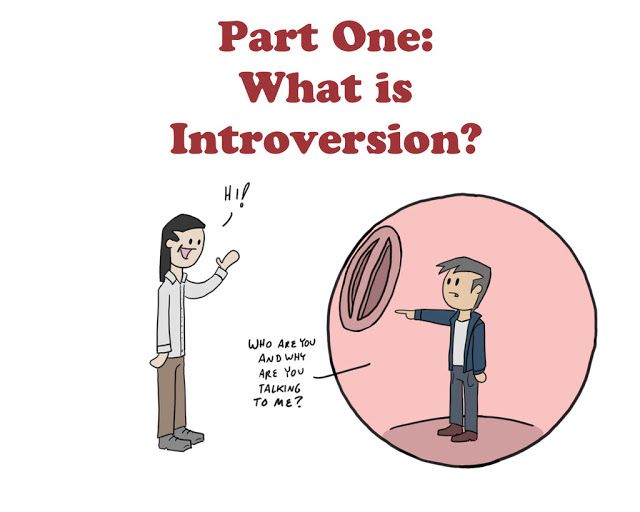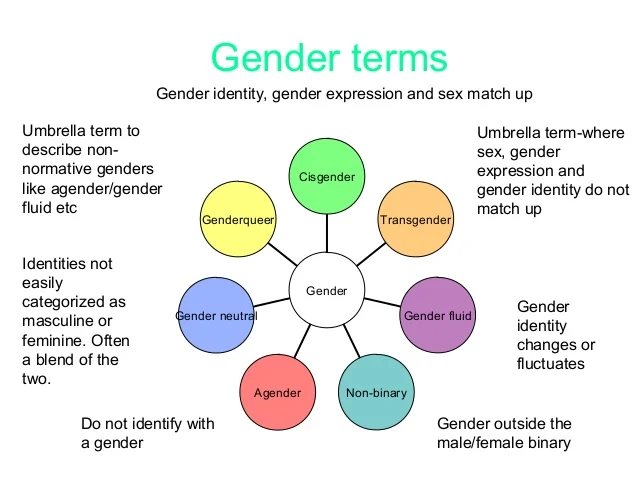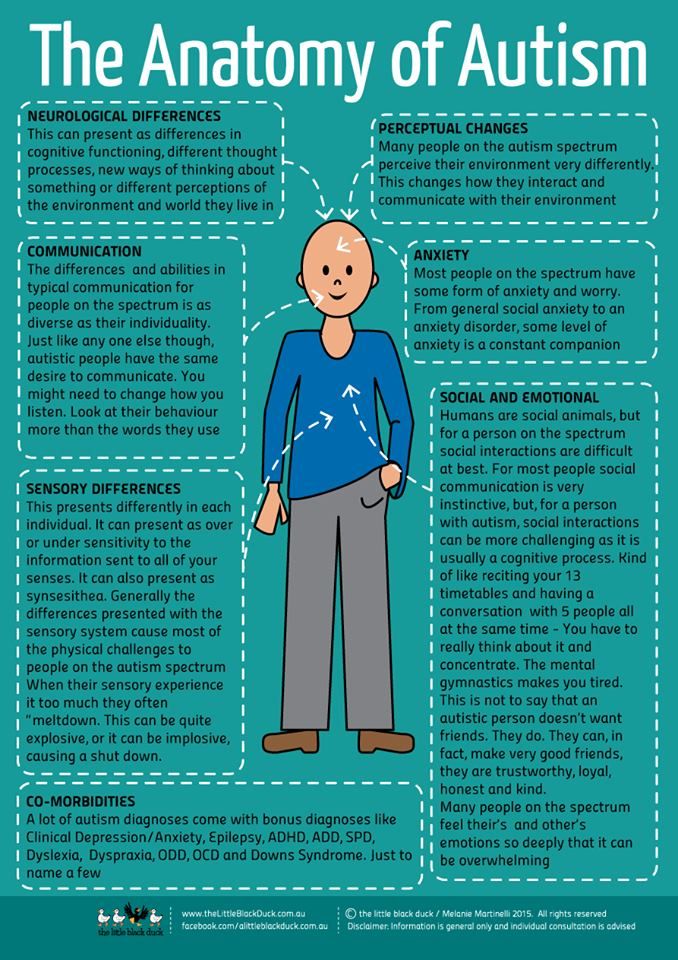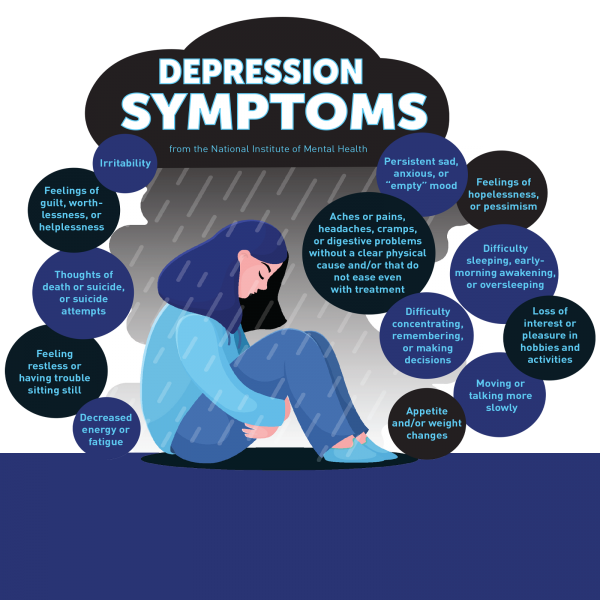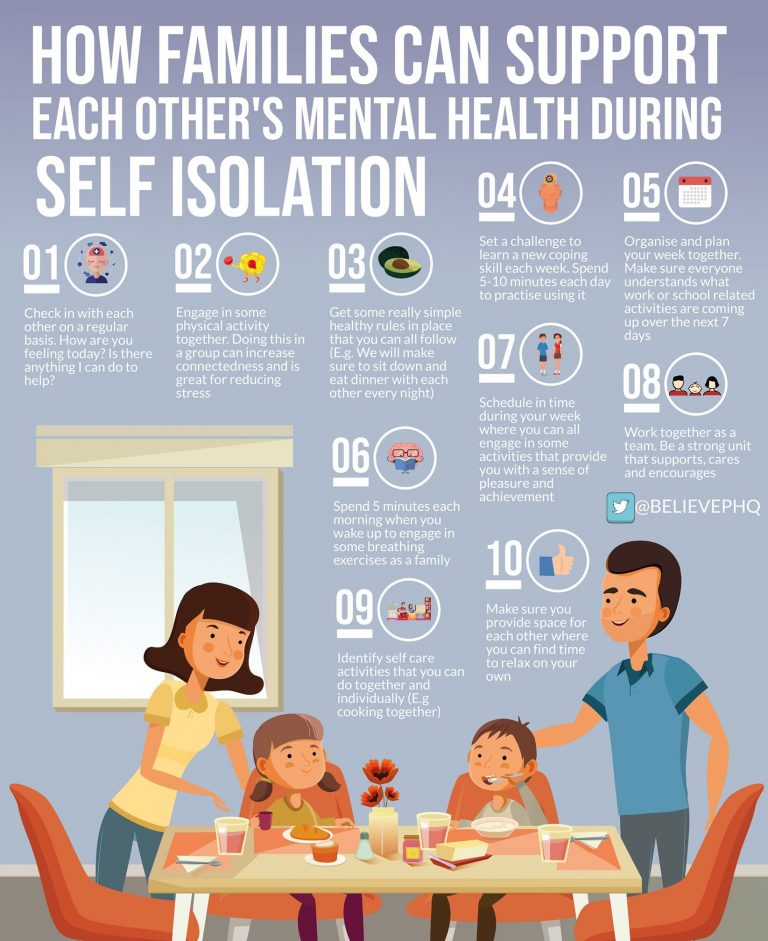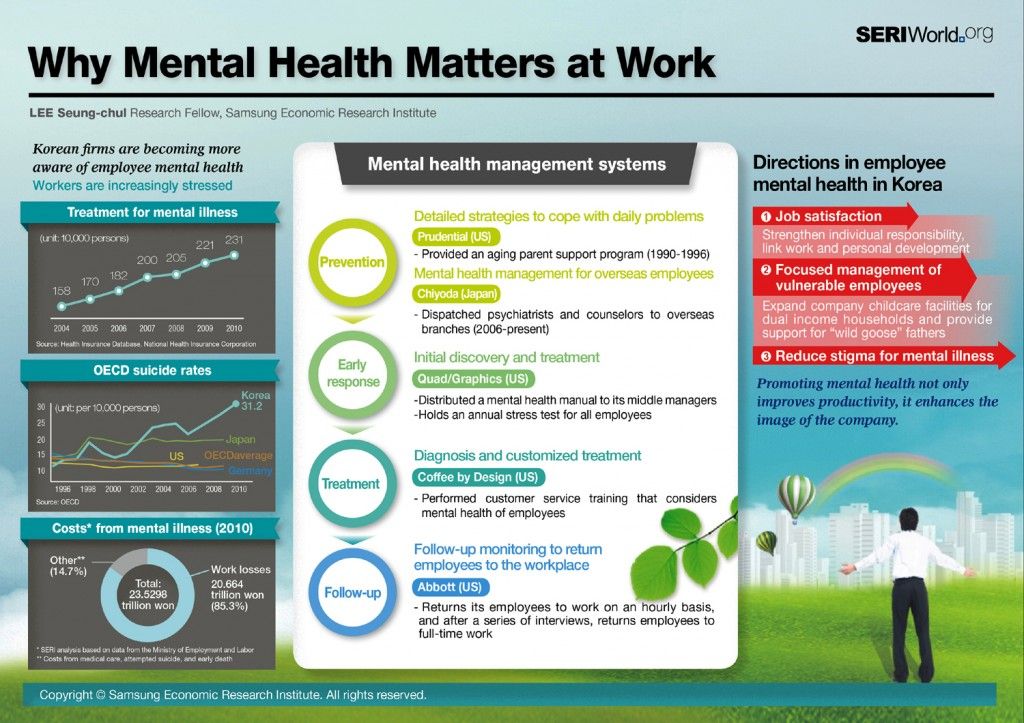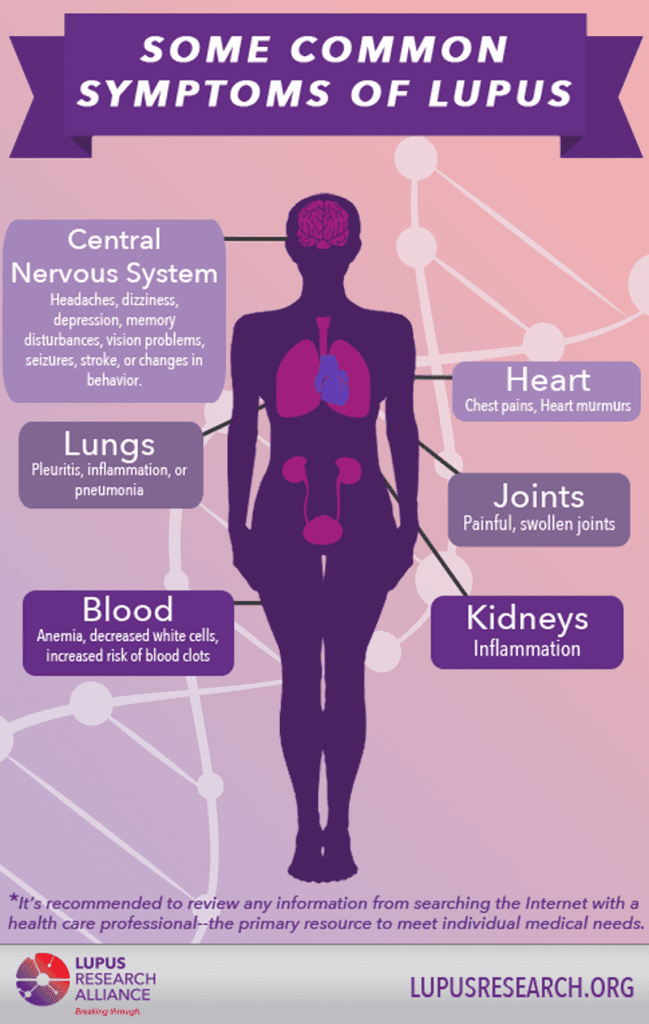How to deal with introversion
10 Ways to Work With Your Introversion Rather Than Fight Against It
Self-Development Trending
ByJenn Granneman
It’s not easy being an introvert, because our society seems made for extroverts. Job interviews favor those who are personable and quick-thinking. Classrooms are noisy, busy places that reward students who are comfortable speaking in groups and working collaboratively. And of course, when it comes to making friends, networking, and dating, those who are confident and outgoing get ahead.
How can an introvert live a happy, fulfilling life in an “extroverted” world? In my book, The Secret Lives of Introverts: Inside Our Hidden World , I explore how introverts can work with their introversion rather than fight against it. Here are ten ways introverts can do just that.
1. Get over your guilt of leaving the party early. Have you ever started saying your goodbyes at a social event only to have someone exclaim, “You’re leaving already? The night’s still young!” These types of comments used to fill me with guilt. Why was I the only one getting socially burned out? Was there something wrong with me? Later, I learned that I’m an introvert, and by definition introverts get worn out by socializing because they respond to rewards differently than extroverts. Now I have no problem calling it an early night and heading for the door.
2. Have more meaningful conversations. In general, introverts cringe at small talk because it feels inauthentic, but we get energized by talking about big ideas and meaningful topics. And there’s good news for introverts: research suggests that the happiest people have twice as many meaningful conversations — and do less surface-level chitchat — than the unhappiest. An added bonus: You may find that big talk doesn’t drain you the way small talk does.
3. Say no to social events that promise little meaningful interaction.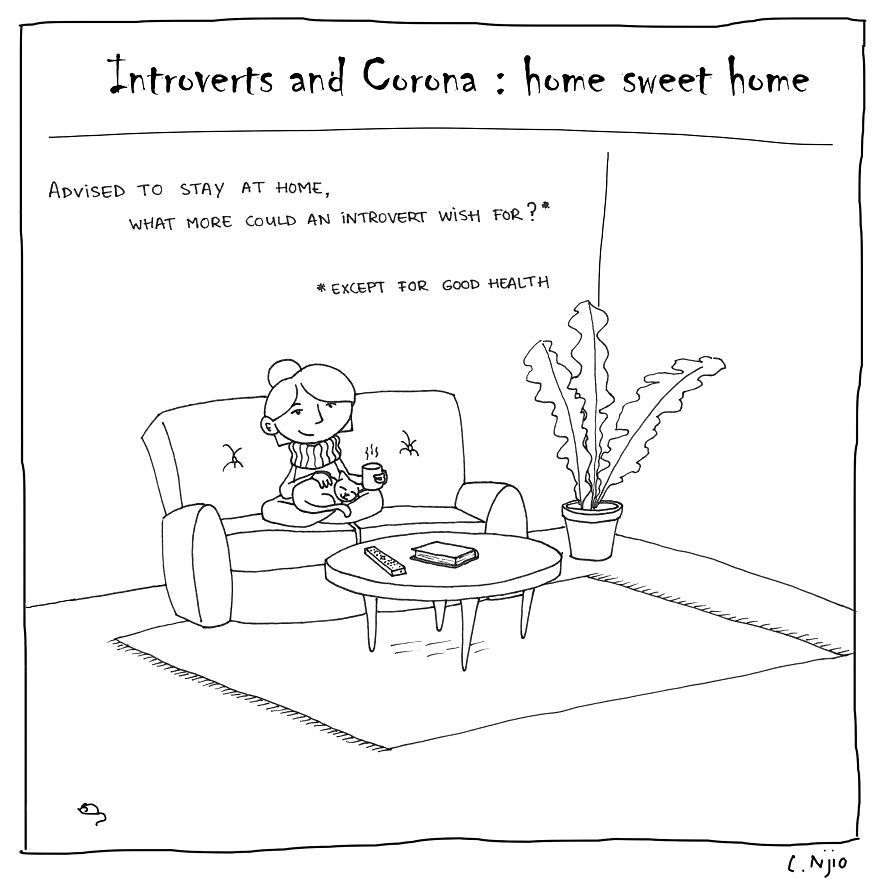 We’ve all been there. An acquaintance invites you to such-and-such event. You feel obligated to go because you don’t want to hurt their feelings or seem rude. But you know that the birthday party for Diane in Accounting or the ladies all-night pub crawl won’t be fulfilling. In fact, it will not only lack meaningful interaction but also leave you with an introvert hangover, which is when you feel physically unwell from overextending yourself socially. If you’re anything like me, you’ve spent a good chunk of your life saying yes to social invitations out of guilt — then paying for it later with exhaustion and overstimulation. Of course, there are some things you probably shouldn’t skip, like your best friend’s wedding shower or your dad’s retirement party. Bottom line, to live a happier life, pass on any unnecessary get-togethers that will drain your battery, not energize it.
We’ve all been there. An acquaintance invites you to such-and-such event. You feel obligated to go because you don’t want to hurt their feelings or seem rude. But you know that the birthday party for Diane in Accounting or the ladies all-night pub crawl won’t be fulfilling. In fact, it will not only lack meaningful interaction but also leave you with an introvert hangover, which is when you feel physically unwell from overextending yourself socially. If you’re anything like me, you’ve spent a good chunk of your life saying yes to social invitations out of guilt — then paying for it later with exhaustion and overstimulation. Of course, there are some things you probably shouldn’t skip, like your best friend’s wedding shower or your dad’s retirement party. Bottom line, to live a happier life, pass on any unnecessary get-togethers that will drain your battery, not energize it.
4. Don’t force yourself to live the “extroverted” life. Research from the University of Maryland suggests that acting falsely extroverted can lead to stress, burnout, and cardiovascular disease.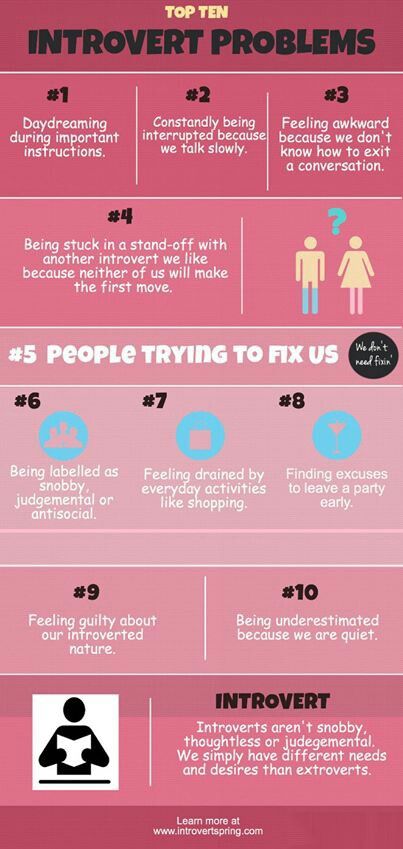 Turns out, embracing your introversion isn’t just a feel-good axiom — it’s actually good for your health.
Turns out, embracing your introversion isn’t just a feel-good axiom — it’s actually good for your health.
5. Schedule your solitude to avoid hurt feelings. I had the pleasure of sitting down with introverted Indie rocker jeremy messersmith to interview him for my book. He told me about a smart practice he’s been doing for quite some time: He makes sure he gets enough alone time by scheduling it once a week on the family calendar. That way his extroverted wife won’t feel hurt when he says he wants to be alone. Plus, they can both work together to protect his restorative solitude by not scheduling other obligations at that time. It’s a win-win.
6. Back away from one-sided relationships. Because introverts tend to listen well and give others the stage, we can be targets for toxic or emotionally needy people. These relationships — in which one person is taking more than they give — exhaust our already limited social energy. If there are people in your life who constantly drain you, consider spending less time with them.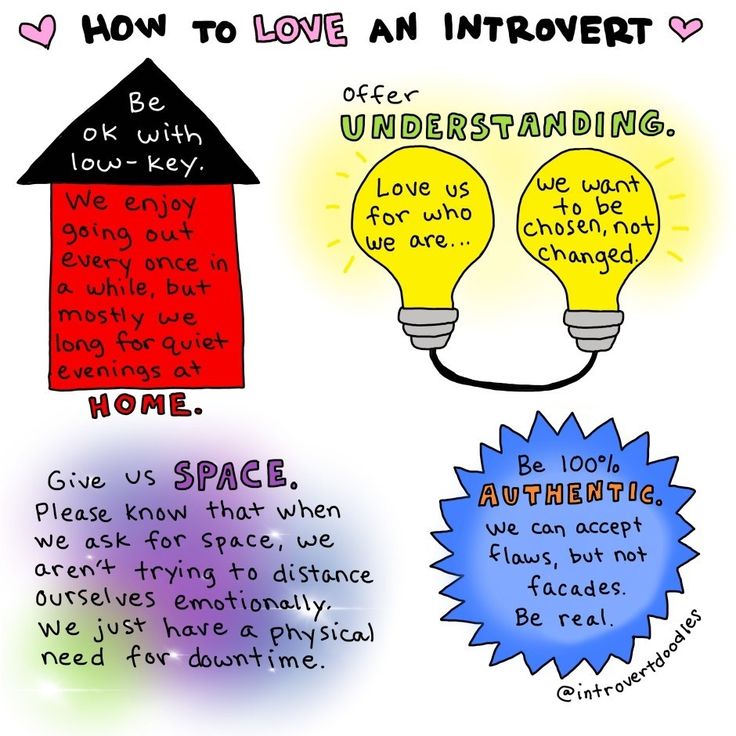 You’ll get the bonus of freeing up more time and energy for the people who do fill you up.
You’ll get the bonus of freeing up more time and energy for the people who do fill you up.
7. Give yourself permission to not do it all. I have an extroverted friend who always has her hand in something. If she’s not organizing a get-together with our friends, she’s volunteering at her son’s pre-school or taking on an extra project at work. I’ll admit that I’ve wished for her energy because she really does seem like she’s doing it all. But I have to remind myself that my talents lie elsewhere — in deep analysis, reflective thinking, and quality over quantity — not in running around doing all the things.
8. Stop beating yourself up for that awkward thing you said…six years ago. Perhaps because introverts have more electrical activity in their brains than extroverts, we tend to ruminate. Our overthinking may take the form of playing embarrassing mistakes over and over in our minds. Unfortunately, rumination can give way to depression and anxiety — and it rarely helps you solve the problem you’re obsessing over. To break free from the rumination cycle, do something to get the powerful engine of your mind chugging down a different track. Call to mind a positive memory, put on music, go for a walk, or do any different activity than the one you’re currently doing.
To break free from the rumination cycle, do something to get the powerful engine of your mind chugging down a different track. Call to mind a positive memory, put on music, go for a walk, or do any different activity than the one you’re currently doing.
9. Occasionally step out of your comfort zone. To my absolute horror, after writing a book about introversion, I learned that people wanted to talk to me about said book. They even wanted me to give interviews, go on podcasts, and give speeches! Let’s just say it was a very real lesson in pushing myself out of my stay-at-home-and-watch-Netflix comfort zone. Honestly, I felt extremely uncomfortable almost every minute of it, but I did those things because I knew they would be good for my career. Taking the occasional jaunt out of your comfort zone can help you grow, too. You can always retreat to your introvert cocoon afterward.
10. Remember that your introvert needs are valid, too. Society tells introverts that our way is not the right way.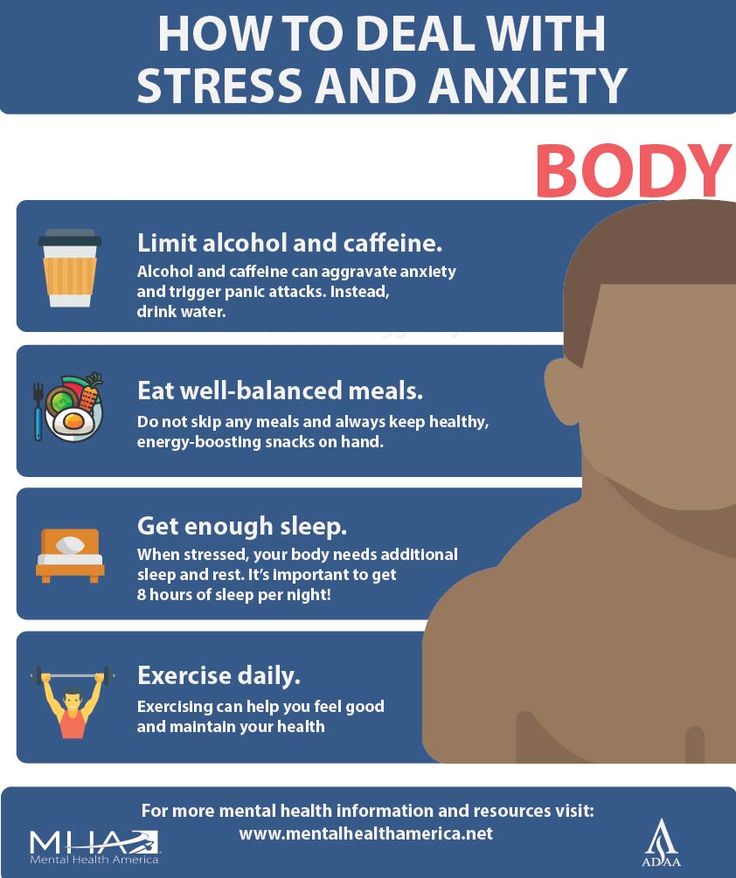 As a result, we’ve become accustomed to hiding our needs or pretending. We pretend we’re having a good time at the party when in reality we’re exhausted. We feel pressured to give our boss an answer RIGHT NOW when really we need time to think. However, as you know, when you don’t say what you need, you pay a price. Often, people aren’t purposely trying to burden you or take advantage of you — it may be that they simply aren’t aware of what you need. Do you need a few hours to yourself to recharge from a busy week? Say it! Do you need someone to stop talking to you for a few minutes so you can concentrate? Tell them! Your introvert needs are valid, too.
As a result, we’ve become accustomed to hiding our needs or pretending. We pretend we’re having a good time at the party when in reality we’re exhausted. We feel pressured to give our boss an answer RIGHT NOW when really we need time to think. However, as you know, when you don’t say what you need, you pay a price. Often, people aren’t purposely trying to burden you or take advantage of you — it may be that they simply aren’t aware of what you need. Do you need a few hours to yourself to recharge from a busy week? Say it! Do you need someone to stop talking to you for a few minutes so you can concentrate? Tell them! Your introvert needs are valid, too.
Start living your best life as an introvert. Check out my book, The Secret Lives of Introverts: Inside Our Hidden World.
Did you enjoy this article? Sign up for our newsletters to get more stories like this.
Read this: 21 Things People Don’t Realize You’re Doing Because You’re an Introvert
Image credit: @leggybird via Twenty20
Jenn Granneman
I'm the founder of IntrovertDear. com and the author of The Secret Lives of Introverts: Inside Our Hidden World. Look for my new book, Sensitive, in March 2023. I'm a contributor to Psychology Today, HuffPost, Susan Cain’s Quiet Revolution, Upworthy, The Mighty, The Muse, Motherly, and a number of other outlets. I have appeared on the BBC and in Buzzfeed and Glamour magazine. My mission: to show introverts and highly sensitive people that it's OK to be who they are. I read too many self-help books and live a pleasantly boring life in St. Paul, Minnesota.
com and the author of The Secret Lives of Introverts: Inside Our Hidden World. Look for my new book, Sensitive, in March 2023. I'm a contributor to Psychology Today, HuffPost, Susan Cain’s Quiet Revolution, Upworthy, The Mighty, The Muse, Motherly, and a number of other outlets. I have appeared on the BBC and in Buzzfeed and Glamour magazine. My mission: to show introverts and highly sensitive people that it's OK to be who they are. I read too many self-help books and live a pleasantly boring life in St. Paul, Minnesota.
Are You An Introvert? 8 Ways To Make Introversion Your Superpower
Are you an introvert? Let’s dive into the definition of an introvert and how to leverage your introverted personality.
What is an introvert: Introverts tend to be more quiet and reserved. They seek solitude and prefer introspection to socializing.
However, introversion is a spectrum. All of our personality traits fall on a spectrum. Where do you think you fall?
But what does each label mean? Let’s review the difference between an introvert, extrovert and ambivert:
- Introvert: Someone who gets energy from solo time and focuses more on internal feelings rather than on external sources of stimulation.
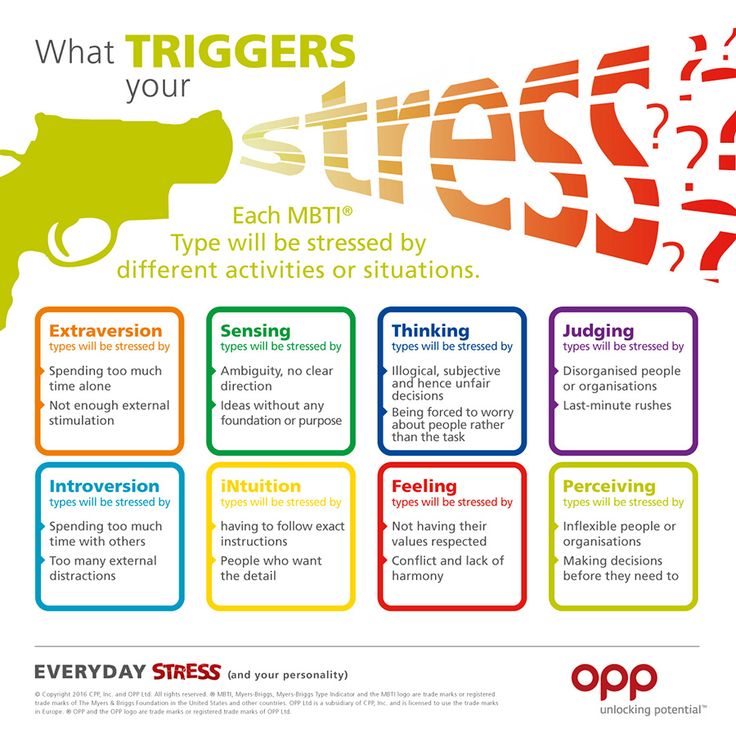
- Ambivert: Someone who can exhibit qualities of both introversion and extroversion depending on the situation, mood and people they are with.
- Extrovert: Someone who loves being around people, gets energy from socializing and feels confident with new people.
If you aren’t sure, you could try looking in the mirror. We can tell a lot about someone’s personality from their face. This fascinating study did a drawing of two typical faces:
Most people don’t realize that much of our personality is genetic — in other words, personality is not a choice. You can’t just decide to be more extroverted one day.
This is a headache for many introverts.
Parents send them to camp and say: “Just be more friendly.”
Networking experts say, “Build your network and meet as many people as possible.”
Asking an introvert to be more outgoing is like asking them, “Please don’t be yourself.”
No more.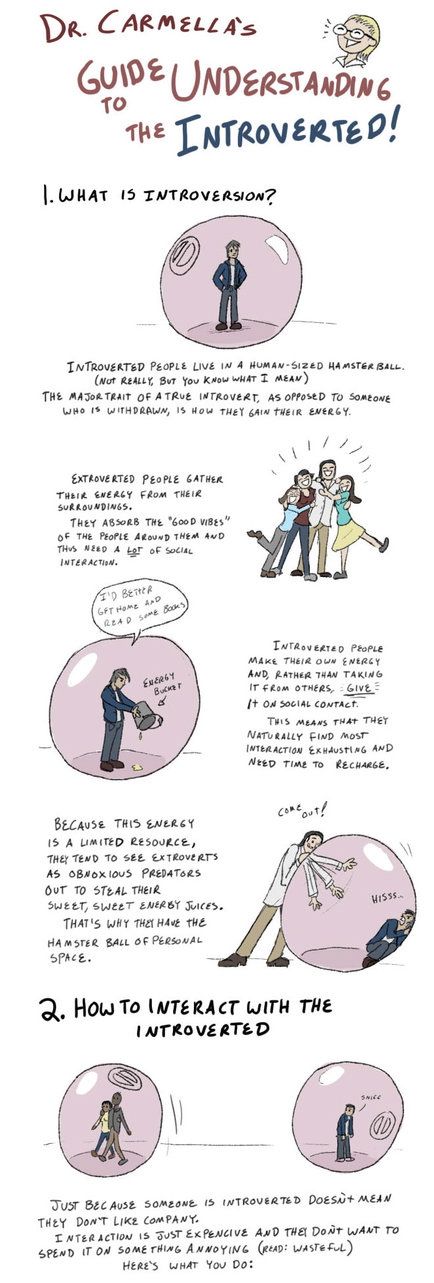
It’s time to use your introversion to your advantage instead of trying to change it.
Are You
Really an Introvert?Not sure if the introvert label really fits you? Have you ever felt like an outgoing introvert? Or a social introvert? You might be an ambivert. Take our free quiz to verify:
Take the Quiz
Ok, did our quiz find you are definitely an introvert? Great! Read on for how to harness your power:
↑ Table of Contents ↑
Your Incredible World View
Introverts have a different way of perceiving the world — and this is a huge advantage. The best example is in the classic ‘lemon juice experiment.’
“Introverts were found to salivate more than extroverts when a drop of lemon juice was placed on their tongue. The researchers theorized that introverts get triggered easily by their surroundings because they naturally possess higher level of arousal, which is why they prefer less intensive activities such as reading and writing rather than partying. Their preoccupation with their own thoughts is also what separates them from the crowd. Such “inward-orientedness” makes introverts unique souls with much to offer for the world which others often unwittingly overlook.” – Michael Poh
Their preoccupation with their own thoughts is also what separates them from the crowd. Such “inward-orientedness” makes introverts unique souls with much to offer for the world which others often unwittingly overlook.” – Michael Poh
↑ Table of Contents ↑
An Introverted Superpower
Studies have found that introverts are more humble than extroverts. Humility is an incredibly important — and hard to learn trait. It makes introverts more perceptive, more open and less bogged down by ego.
Humility is also associated with the desire to be of service to others.
This makes introverts wonderful leaders, managers and friends.
↑ Table of Contents ↑
Why Introverts Make Amazing Leaders
When you ask someone to think of a highly charismatic person, they will often conjure up an image of a booming extrovert. But charisma comes in many flavors. In fact, introverted traits are very well suited to successful leadership roles. Here’s why:
- Introverts are wonderful observers.
 You pick up on social nuances, hidden emotions and team dynamics better than anyone. Don’t take this superpower for granted!
You pick up on social nuances, hidden emotions and team dynamics better than anyone. Don’t take this superpower for granted! - When you speak, people listen. Since you tend to think carefully before speaking and use your words carefully, people take you seriously. Don’t ever feel pressured to engage in inane chit chat or make throw away comments to appease others. Speak when you are ready.
- Your quiet power is contagious.
↑ Table of Contents ↑
Optimize Your Introversion
Don’t let anyone ever tell you to change your introversion–it’s SUCH an advantage. However, it is important for introverts to optimize their introversion for strength.
- Know exactly how you recharge. Have a big event coming up? Need a refresh? What do you do? Get your pre and post social routine down so you are in control.
- Find the perfect wingman. Who can be a great social partner for you? Will a friendly extrovert help you break into a crowd or overpower every conversation? Will a fellow introvert be a good partner in crime but discourage meeting new people? Can you find an ambivert to balance you out? Find your best event and socializing partner.
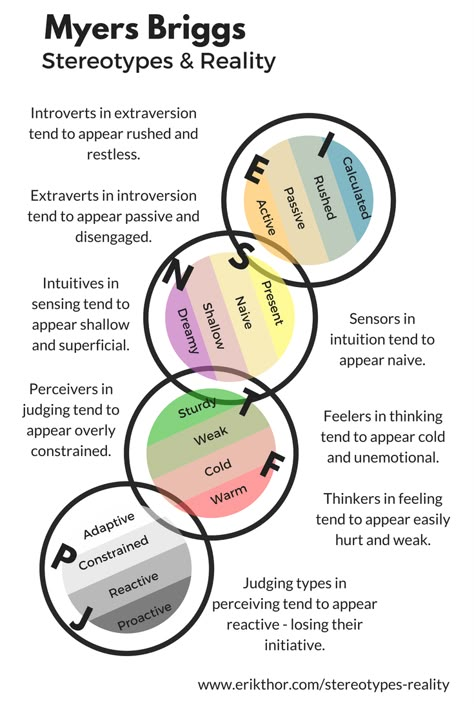
- Level up your body language…
↑ Table of Contents ↑
Body Language for Introverts
You might not realize it, but even when you are not speaking, your body is saying something. Introverts need to be especially adept at nonverbal communication — both reading cues and sending cues. Here is a quick overview of some body language tips for introverts:
↑ Table of Contents ↑
Tips for Introverts at Work
Have you noticed that many companies are switching to large open workspaces? This can be very hard for introverts. I interviewed my introverted colleague Shelly O’Donovan to get some great tips for introverts:
In a 2015 study by Oseland, it was confirmed that people who scored highly for introversion and neuroticism were more affected by noise than people who scored low on either variable. In this study, when all participants were asked specifically how noise affects the ability to work, a significant three-quarters of the respondents reported that they are negatively affected by noise in their workplace. Only 10% of participants thought that acoustics in their workplace had a positive effect on their performance. In addition, there are many studies that show that your choice in working environment is required to suit different activities and personalities. What can you do?
Only 10% of participants thought that acoustics in their workplace had a positive effect on their performance. In addition, there are many studies that show that your choice in working environment is required to suit different activities and personalities. What can you do?
- Aim for flexibility. If you are a leader in this environment, consider some freedom for your employees. Not everyone thrives in an open environment. Some will get distracted; some will be distractors, while others will flourish. Knowing who needs what is key. As an employee, approach your manager, and in a positive manner ask for some flexibility and explain why you need it. Introverts tend to be thinkers; they often need quiet spaces to contemplate and to crank out work. While extroverts think out loud, they often talk through something before they pen it. This means that introverts could struggle in an open environment if they are not given that flexibility. Flexibility could mean work from home days each week, privacy pods to take calls from or to think through projects, or the ability to use the resources available in the community.
 One open space organization is championing flexility by allowing its workers to go to the library next door when they need to research a project–not because the library has resources–but because it is quiet.
One open space organization is championing flexility by allowing its workers to go to the library next door when they need to research a project–not because the library has resources–but because it is quiet. - Take care of yourself. Introverts require some quiet time to recharge while extroverts require socialization to recharge. As an introvert, you need that time. For someone who is in that open environment all day, coming home to a busy house or a second job at night can be overwhelming. Build in quiet time for yourself. This could mean spending two hours in open space and then hiding away for 10 minutes in a quiet corner of the cafeteria while you recharge your battery. It could mean that you turn off the radio on your drive home and have some quiet car time or sit in your car at lunch for a break. Take care of yourself and give yourself that time to decompress.
- Ask to have quiet times. Noise can cause distraction at work. Set aside a few key slots during your day to find a quiet place to work.
 If you can disappear into a pod for an hour or two you can accomplish amazing amounts of work because you have the peace and quiet to focus on it.
If you can disappear into a pod for an hour or two you can accomplish amazing amounts of work because you have the peace and quiet to focus on it. - Shift your hours. Could you shift your hours an hour or so in either direction? It may not be possible, although if you can, you may be able to get into the office early and start working before it is full. This will give you that quiet time you need to properly focus.
- Don’t eat at your desk. You need a break from that open environment and lunch is the perfect time. Lunch with a friend outside the office can help you recharge, or go for a walk or a ride in your car. Just sit in a quiet place and recharge! Thriving in any environment means taking care of yourself. It is important to know your personality and what you need to make it work. Give yourself permission to figure that out.
Are you managing introverts or many different personality types? Learn how to be a good manager based on personality!
↑ Table of Contents ↑
How Introverts Can Be Heard in Meetings
Do you dread meetings? Introverts sometimes dread the open cattle call of meetings — having to brainstorm out loud, being randomly called on or being forced into icebreakers (even if they are non-awkward).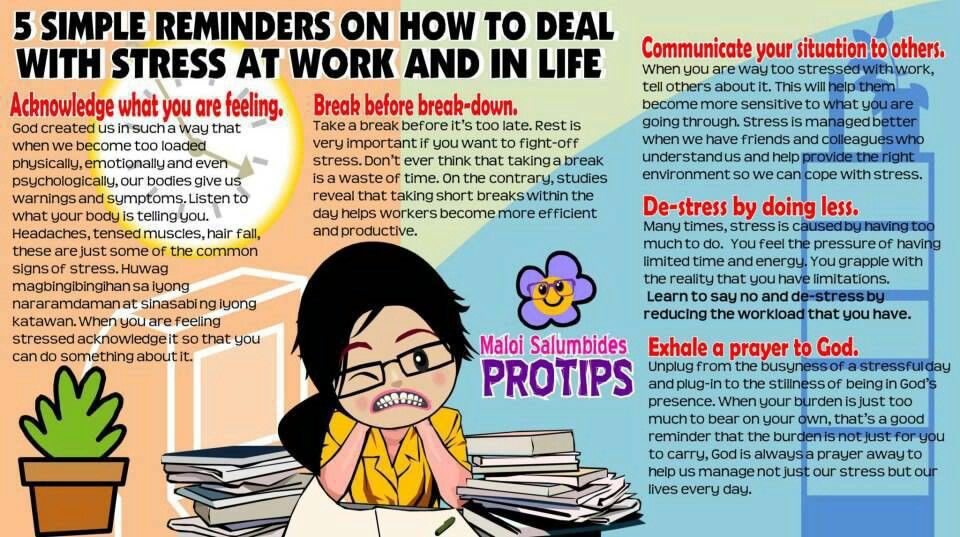
A classic introvert preference is an aversion to meetings. It may seem justified by the fact that the introvert skill set – one-on-one interaction, confidence to work alone, research and contemplation skills – does not lend itself to a conference room scenario. However, a truly professional introvert will learn to capitalize on those skills not just in their natural habitat, but in apparently unsuitable contexts such as the business meeting. Here’s the problem:
Not knowing how to excel in the meeting process is holding back your career.
I asked my introverted friend G. John Cole to give me some tips for introverts in meetings. Here’s what he said:
- Form opinions in advance. As an introvert, you should aim to get your best thinking done before you even enter the room. Get hold of the agenda early, research the topics and the stats, and prepare some thoughts and ideas. You’ll find it much easier to cut in ahead of your outgoing colleagues if you have the confidence to state your take, and the material to back it up.

- Be first to the meeting room. Build your confidence by getting used to the sound of your voice before you get started. Go over your ideas with a friend or partner so you get to hear them out loud. And show up early for the meeting so that you can build trust with your colleagues face-to-face as they arrive, instead of dreading that moment in the meeting when everyone notices you for the first time.
- Engage at your own pace. You can build confidence and have a meaningful impact upon the outcome of a meeting by speaking up early. If you get a chance to introduce the meeting or present some research while the mood is still being set, you can create a framework within which your colleagues can develop your ideas. Speak up early – but don’t allow yourself to be rushed. Your mind operates how it operates, and if you’re pressed for a quick response from a colleague who is interested in – or critical of – your idea, responding before you’re ready may end up in disaster.
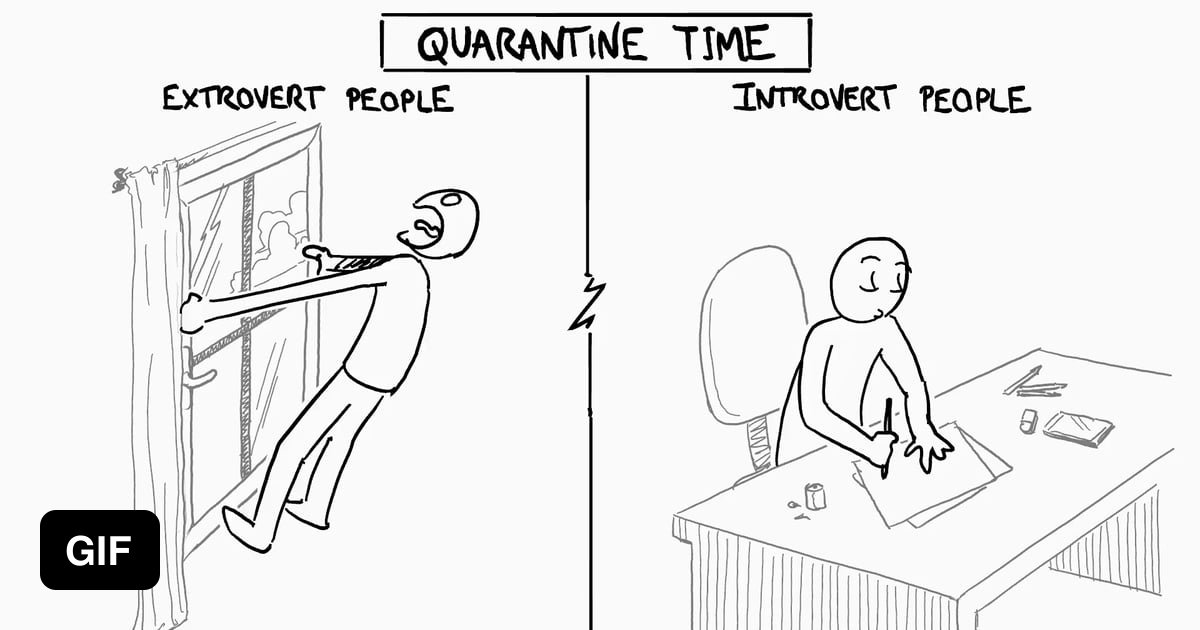
- Ask for more time if needed. If you are rushed to give your opinion, calmly state that you need a moment to think, that you’ll get back to them shortly, or that you need to look into the matter after the meeting.
- Follow up afterwards. Your meeting game doesn’t end with the scraping of chairs and the rush for the coffee machine. You’re an introvert, right? There’s important work to be done from the security of your desk. You can capitalize on that summing-up technique from the end of the meeting by sending out minutes and follow-up emails where appropriate. Don’t make a habit of saving your ideas until the meeting’s over, but if a bit of post-meeting research opens up a fresh angle on your take then by all means share it. It may take you a while to digest new information from the meeting, so if a colleague made a point that you found interesting consider meeting up with them one-on-one to develop the thought further.
Want to get to know your fellow colleagues? Read up on Ambiverts and Extroverts.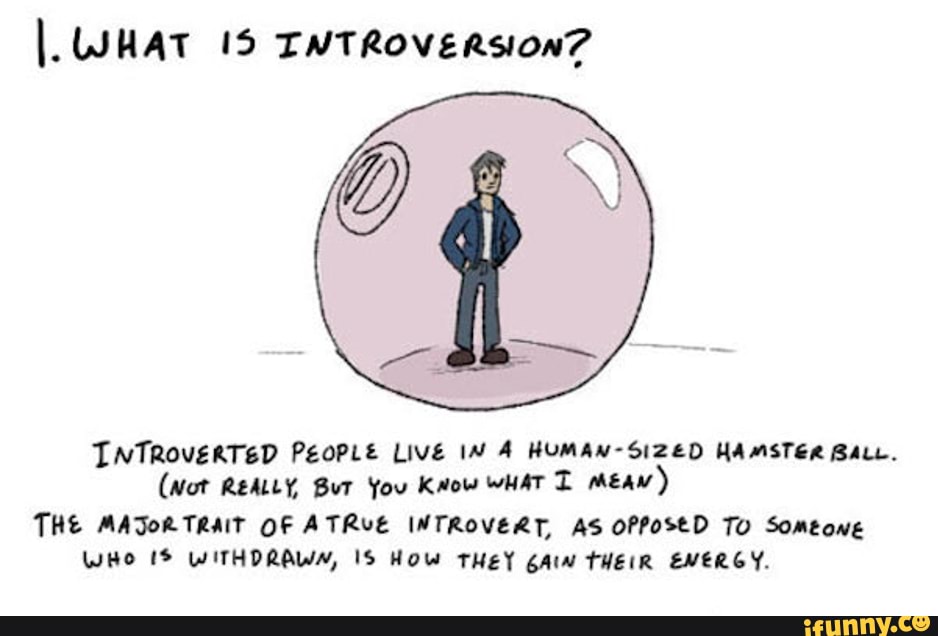
Remember: There is no right or wrong personality type. The only right thing to do is to leverage your natural strengths. Your introversion is a gift, never forget it!
25 things only introverts will understand
March 25, 2021 A life
To determine your temperament, it is not necessary to pass psychological tests. You are prone to introversion if you notice these oddities in yourself.
1. You don't leave the apartment until the neighbor leaves
Situation: you hear that the neighbor's door opens in the hallway or on the landing. In order not to once again intersect with a person, you calm down and wait until he leaves. Yes, it's strange, but sometimes introverts hide from even the nicest people, just to avoid having to exchange a few words with them. nine0003
2. You are secretly glad that your friends canceled the meeting
In order not to be considered a hermit, sometimes you have to go out to meet with friends. But when the general plans are canceled, in your soul you rejoice: you can stay at home and not pretend to be a sociable type.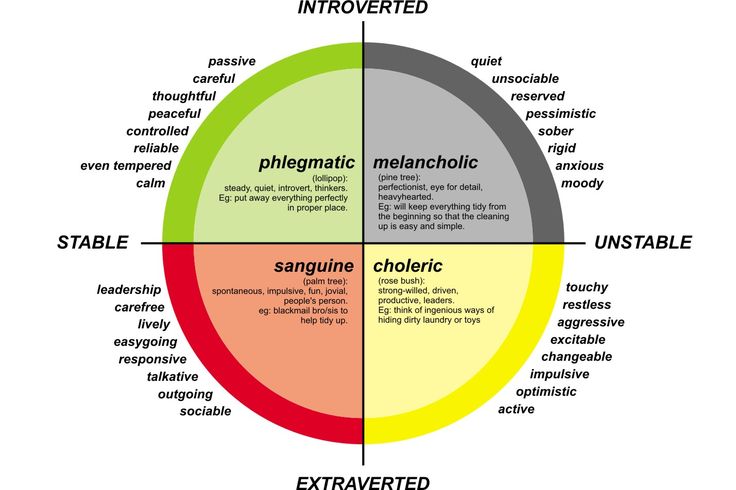
3. You feel awkward at a party
Despite the dislike for noisy companies, there are events that you cannot avoid: a corporate party, a friend's wedding or a New Year's feast with relatives. The first thought that visits you at any meeting is: “What am I doing here ?!” nine0003
4. The Internet is not just a hobby for you, but a way of life
It is much easier for introverts to put their thoughts on paper than to talk. It is difficult for you to communicate live, but in social networks you feel like a fish in water. In online correspondence, you can joke, and show off your mind, and leave a well-aimed comment.
5. You shy away from sales assistants while shopping
It's understandable: it's easier to find the right model and size yourself than to keep up a conversation with a stranger. nine0003
6. You try to be inconspicuous
You are not against communication, you are just not always ready for a conversation: it requires attitude and energy.
In life, it manifests itself like this: you need to get something out of the refrigerator, and at this time your neighbor with a friend or parents with guests are sitting in the kitchen. The way out is to act like this guy from the gif:
7. Instead of a noisy company, you choose solitude
You are invited to spend the weekend together, and you say that you are very busy. Everyone understands that this is not so: in fact, you will stay at home and enjoy being alone. For introverts, this is the norm: they are not in a hurry to party and are able to enjoy the time spent alone with themselves.
8. You answer questions in monosyllables
What's new? and "How are you?" you try to answer as briefly as possible so that, God forbid, a conversation does not start. Small talk about anything is easy for extroverts, and introverts do not like this format of conversation.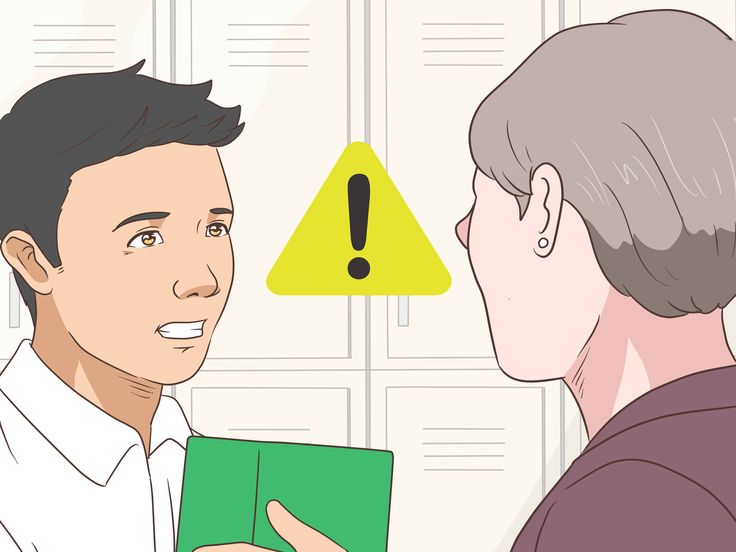 nine0003
nine0003
9. You try to sneak out of the party
And try to do it as early as possible. You have an escape plan in reserve, for this you get to a meeting in your car. This is especially true for parties that you don’t want to go to in advance.
10. You rarely answer phone calls
By default, you do not answer calls from numbers you do not know, and prefer texting to a friend or colleague.
11. You like to go to the cinema alone
You enjoy watching a movie alone or with a loved one. Afternoon sessions on weekdays, morning sessions on weekends - you try to choose a time when the hall is almost empty. Together with you, there are 2-3 more people in the hall - the same introverts who avoid large crowds of people.
12. You pretend not to notice someone you know.
Situation: after work you went to the grocery store. Everything is going well until you notice a friend between the rows of buckwheat and pasta. Your standard reaction is to turn away and quickly leave before he sees you. nine0003
nine0003
13. Never open the door if you are not expecting guests
Why? You never know: a too friendly neighbor came for salt and will complain about the management company for 15 minutes, or the manager of an Internet company obsessively asks you to connect their new tariff.
14. Are you afraid to be alone with strangers
Maintain a conversation with a person you see for the first time? Never! This is what you look like when your friends leave you for a few minutes alone with their acquaintances:
15. Never order over the phone when you can online
Why call when you can write?
16. You don't know how to behave when people sing you the song "Happy birthday to you!"
You feel awkward and uncomfortable around people. Birthday becomes a special torture: you are talked to more than usual and paid too much attention. I want to hide under the table or run away!
17. Try to solve work issues through correspondence
While colleagues annoy you with phone calls, you prefer to solve everything by correspondence. Working in open space becomes a real tragedy: the noise and people around paralyze your work. "Please, can we have a quiet place?" - you think in especially difficult days.
Working in open space becomes a real tragedy: the noise and people around paralyze your work. "Please, can we have a quiet place?" - you think in especially difficult days.
18. Don't like to keep up a conversation with a stranger
You wish you could be invisible when someone in a bar or on an airplane starts talking to you. “Don’t start a conversation with me just because we are sitting next to each other,” you mentally tell your interlocutor. It's not that introverts do not like people and live communication. They are simply not ready to carry on a conversation with a stranger: this causes terrible discomfort. nine0003
19. An ideal day on the beach for you is a day on a completely empty beach.
Any person has such thoughts from time to time, especially when the beach is crowded, and you can safely swim only 50 meters from the shore. But for introverts, such a desire appears much more often: an empty beach is more comfortable for them by default than a crowded one.
20. You like to train alone
You hate personal trainers, group classes and chatters during sports because training time is your personal time. No joint runs and jokes with a trainer in the gym - why, when you can be alone with your thoughts and listen to your favorite tracks? nine0003
21. You don't reply to messages right away
Before you write a reply, you need to think about the content of the letter. Sometimes you completely forget to answer, and then justify yourself, coming up with stupid excuses.
22. You are not happy to meet new people
Even the very thought that you will have to meet new people is terrifying. This does not mean that you do not know how to make friends, it just makes it difficult for you to meet new people.
23. You shy away from too friendly acquaintances
Every time someone violates your personal space, you have an irresistible desire to disappear into thin air, disappear, run away, or give a good blow to the person who came to hug you.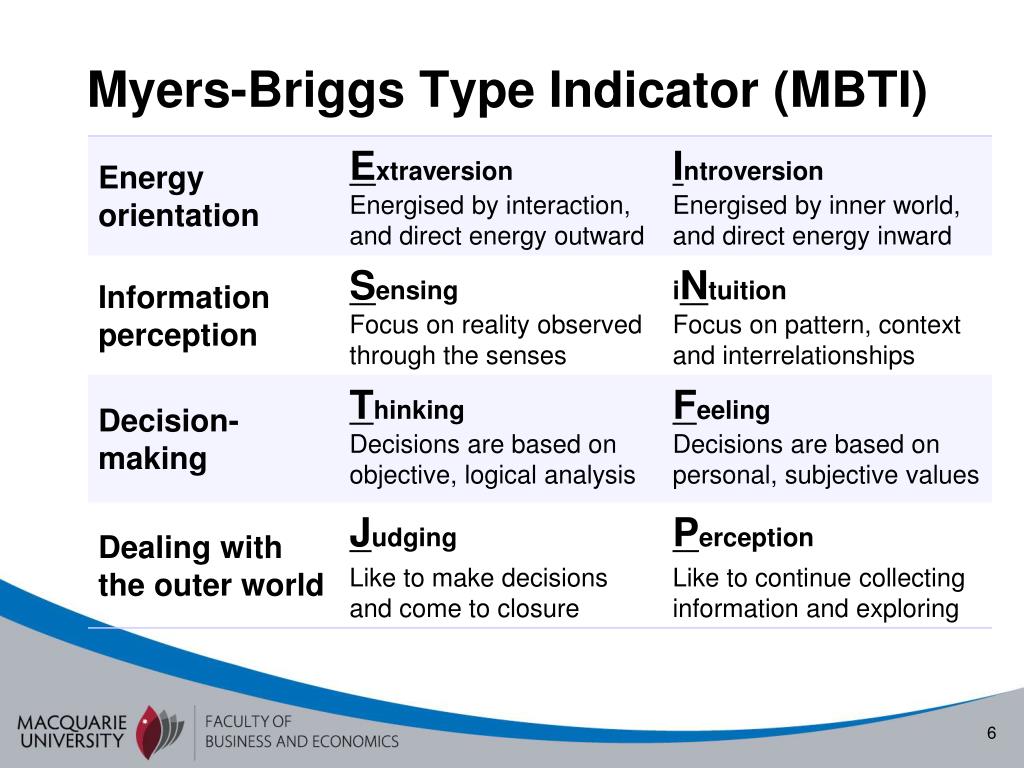
24. You don't like large crowds
Concerts, parties, pub quizzes or work conferences make you feel uncomfortable and vulnerable. You, of course, do not panic, but subconsciously dream of leaving this place as soon as possible.
25. You are not a misanthrope, you are an introvert
You love people and understand the value of human communication, so you quite consciously go out to parties and social events. But you are more comfortable alone with yourself: you value the time you spend alone or with loved ones.
Read also 🧐
- 9 books every introvert should read
- How an extrovert and an introvert get along together
- 5 techniques that will help introverts successfully communicate with the outside world
Found a way to make introverts happier: you need to pretend to be an extrovert
Sign up for our ”Context” newsletter: it will help you understand the events.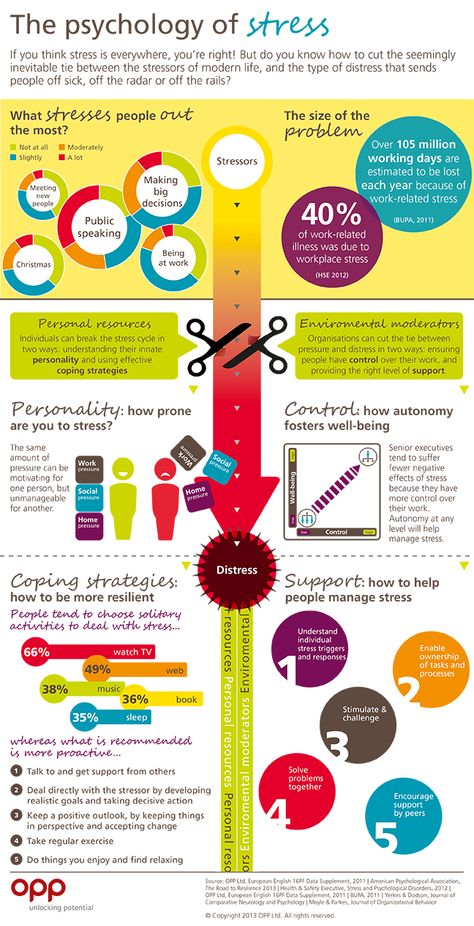
Image copyright Getty Images
Are you an introvert? Try to overpower yourself and pretend to be an extrovert - perhaps this will make you happier. This conclusion was made by scientists at the University of California on the basis of a large-scale experiment.
Recruiting 123 volunteers, the researchers asked them over a week to force themselves to go beyond their natural social needs—to be the first to speak to strangers, to have a more active social life, and to generally act like extroverts. nine0003
The next week the same volunteers had to spend as introverts: more silent and not making any additional efforts to initiate communication.
Similar experiments have been done before, but they were not so long.
- Is shyness normal? Or should it be treated?
- How to live a successful life without changing your character
- Animal instincts: how appearance controls character
UCLA professor, author of several books on the psychology of happiness, and Moscow native Sonya Lubomirsky decided to test whether feigned extraversion could help people improve their quality of life over a long period of time.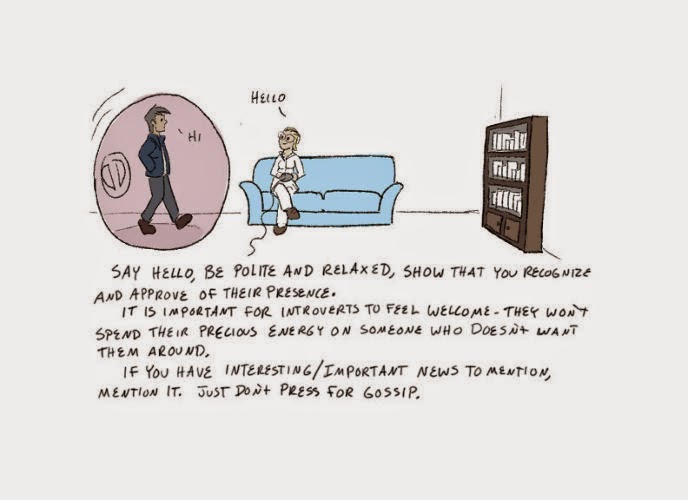
"The results of the study show that for many people, changing their habitual social behavior is an achievable goal, and extroversion significantly improves well-being and comfort," says Professor Lubomirsky. nine0003
Because being an extrovert is commendable and generally socially acceptable in American culture, and introversion is associated with failure, withdrawal, and isolation, the authors of the study first had to find more neutral and diplomatic words to describe both behaviors.
For extroverts, such definitions as "talkative", "assertive" and "spontaneous" were chosen, and for introverts - "cautious", "calm" and "reserved".
Image copyright Getty Images
Skip the Podcast and continue reading.
Podcast
What was that?
We quickly, simply and clearly explain what happened, why it's important and what's next.
episodes
The End of the Story Podcast
Then both groups of volunteers (one had to behave like introverts, the other like extroverts) were told that previous studies had proven that both behaviors were beneficial for students in terms of academic performance. nine0003
Finally, participants were asked to monitor their behavior for a week and be as talkative, assertive, and direct (or discreet, calm, and reserved, depending on the group) as they could.
Seven days later (during this time the participants received an email from the organizers three times with a reminder of the task), both groups were given exactly the opposite settings - and the experiment lasted another week.
As a result, participants in both groups reported an improvement in their well-being and quality of life following the "extroversion week" and a deterioration in their general condition after the "introversion week".